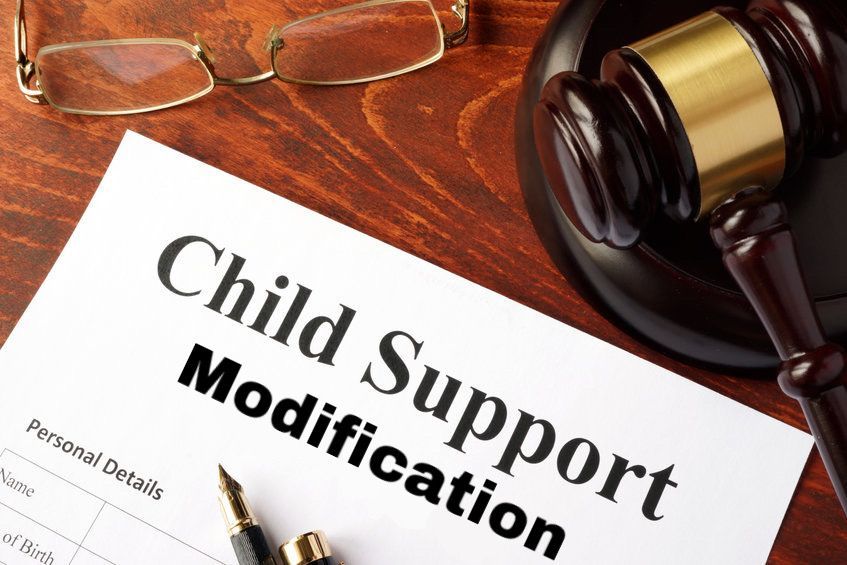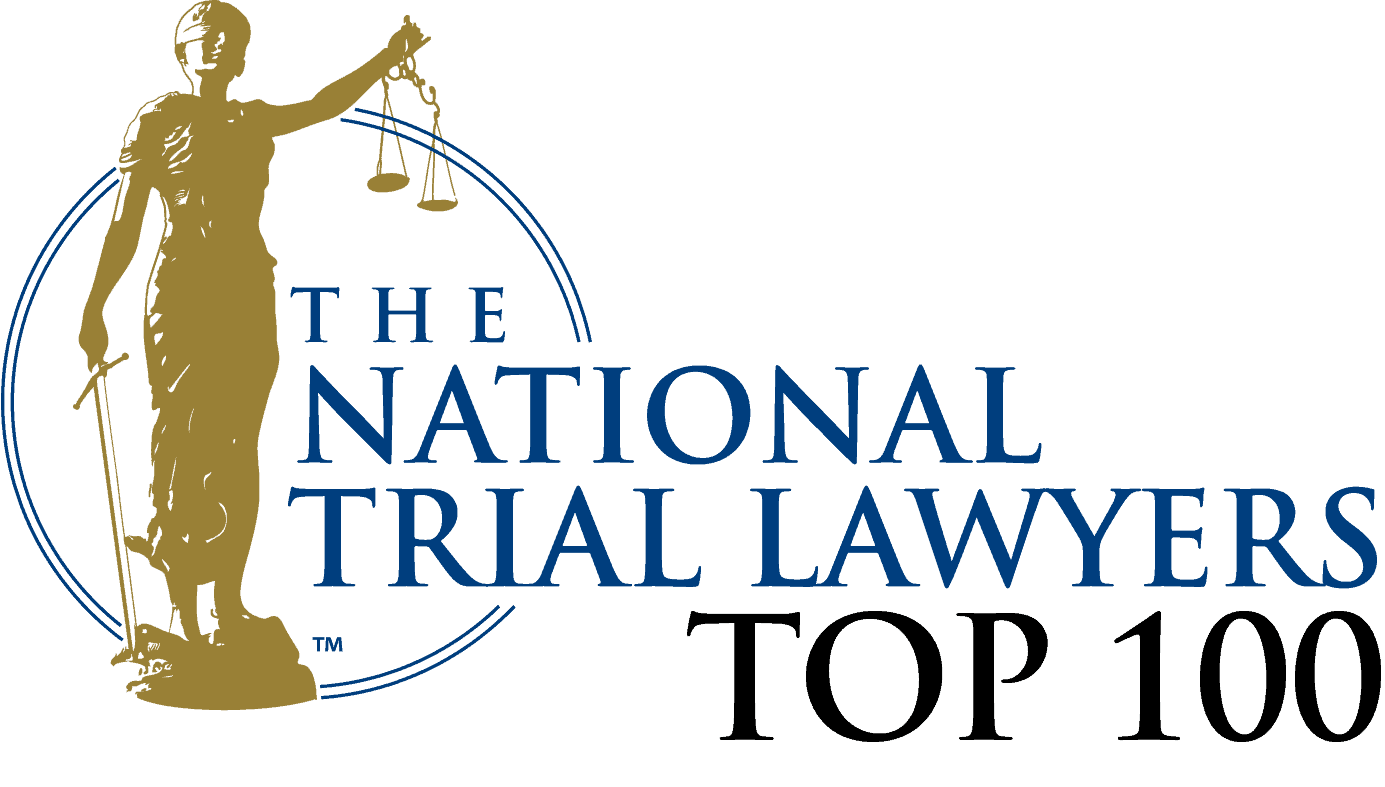Average Cost of Daycare in Rhode Island: Complete Guide
Daycare in Rhode Island costs between $1,000 and $1,200 per month for babies. For kids ages 3 to 5, you'll pay about $900 to $1,100 each month. That's more than many families can handle. In fact, Rhode Island ranks in the top 10 states for most expensive childcare, with infant care topping $16,899 per year.
This guide will show you what daycare really costs across Rhode Island. You'll learn about prices in different cities. We'll also share ways to save money and get help paying for care.
How Much Does Daycare Cost in Rhode Island?
The price you pay depends on your child's age and where you live. Let's break it down.
Average Monthly Daycare Costs by Age
Here's what most families pay each month:
| Child's Age |
Monthly Cost Range |
| Infants (0-12 months) |
$1,000 - $1,200 |
| Toddlers (1-2 years) |
$950 - $1,150 |
| Preschool (3-5 years) |
$900 - $1,100 |
| School-age |
$730 - $850 |
Infant care costs the most at about $24.60 per hour, $984 per week, or $3,198 per month in some areas. Babies need more attention and smaller class sizes. That means higher costs.
Weekly and Yearly Costs
Weekly daycare costs average around $250 to $300. Over a full year, that adds up fast.
For a baby, you're looking at $12,000 to $14,400 per year. Some families pay even more. In certain Rhode Island cities, monthly costs can push above $2,500, especially for infant care.
Center-Based vs. Home-Based Care
You have two main choices for daycare:
Center-Based Care happens at a facility like a daycare center or preschool. These places usually cost more but offer structured programs.
Home-Based Care is when someone watches kids in their own home. This often costs less. School-age care averages $8,771 annually or $730.92 monthly for center-based care.
Daycare Costs by Rhode Island City
Where you live in Rhode Island makes a big difference.
Providence and Urban Areas
Families in Providence County face the highest burden, with childcare eating up 27 percent of their income. In Providence, the average rate is $18.03 per hour, which means about $721 per week for full-time care, or roughly $2,344 per month.
Urban areas cost more because of higher rent and operating costs for daycare centers.
Woonsocket
In Woonsocket, the average rate is $20.35 per hour, with weekly costs around $814 and monthly costs approximately $2,646 for 130 hours of work. That's higher than the state average.
Other Cities and Towns
Bristol County families have the lowest burden in the state. But even there, costs are still high. Small towns may have fewer daycare options, which can drive prices up or down depending on demand.
Why Is Rhode Island Daycare So Expensive?
Several things push prices up in Rhode Island.
Higher Than College Tuition
In Rhode Island, childcare is more expensive than college tuition. That's a shocking fact for many parents. The average cost for infant care tops what you'd pay for in-state college.
Income vs. Cost Gap
The median household income in Rhode Island is about $74,489 per year. With infant care at $1,100 per month, that's roughly 17.7% of income. The U.S. Department of Health and Human Services says childcare is affordable if it costs no more than 7% of income.
Rhode Island families pay way more than that.
Limited Supply and High Demand
There are 66,000 children ages 5 and under in Rhode Island, with 71% having all available parents in the workforce. Many parents face long waitlists. Some were told they started late even when they were only 3 or 4 months pregnant.
When demand is high and spots are limited, prices go up.
Operating Costs for Providers
Daycare centers have big expenses:
- Staff salaries and training
- Insurance and licensing fees
- Rent or building costs
- Food, supplies, and toys
- Meeting state safety rules
These costs get passed on to families.
Special Types of Daycare and Their Costs
Not all daycare is the same. Different programs have different price tags.
Montessori Schools
Montessori preschools in Rhode Island generally cost between $1,100 and $1,400 per month. These programs follow a special teaching method. They often cost more than regular daycare.
Private Nannies and In-Home Care
The average cost of a childcare provider in Rhode Island is $18.14 per hour. For full-time care, that's $19.73 per hour. A full-time nanny costs $700 to $800 per week or more.
Nanny share programs let two families split the cost. This can save money while giving kids one-on-one attention.
Before and After School Programs
School-age kids often need care before and after school. These programs typically cost $600 to $800 per month. Some schools offer free or low-cost programs for families who qualify.
How to Get Help Paying for Daycare in Rhode Island
Good news: You don't have to pay full price alone. Rhode Island offers several programs to help.
Child Care Assistance Program (CCAP)
CCAP is the biggest help for Rhode Island families. This program helps low-income working families pay for childcare by providing subsidies. Families with incomes at or below 261% of the federal poverty level are eligible. Parents must work at least 20 hours per week or be enrolled in an approved education program.
Starting January 1, 2025, the threshold increased from 200% to 261% of the federal poverty level, making more working families eligible.
How CCAP Works:
- The program covers all or part of your childcare costs
- You pay a co-payment based on your income
- You can choose your own licensed childcare provider
- College students at CCRI, RIC, or URI may also qualify
To apply, visit the Rhode Island Department of Human Services website or call your local DHS office.
Tax Credits and Deductions
Rhode Island offers tax help for childcare costs.
Federal Child and Dependent Care Tax Credit (CDCTC): Working parents can claim up to $3,000 for one child or $6,000 for two or more children. Families with the lowest incomes receive a maximum credit of 50% of their claimed expenses.
Rhode Island State Credit: The state credit is 25 percent of the federal credit you receive. This is not refundable, but it can lower your tax bill.
Dependent Care FSA: Some employers offer flexible spending accounts where you can set aside up to $7,500 per year in pre-tax dollars for childcare. This saves you money by reducing your taxable income.
Employer Benefits
Check if your job offers childcare benefits:
- Partnerships with local daycare centers
- Discounted rates at specific facilities
- On-site daycare at your workplace
- Rhode Island offers businesses a 30% tax credit when they pay for childcare services for employees or provide property for a childcare facility
Ask your HR department what's available.
Free and Low-Cost Options
Rhode Island offers free preschool programs through state-funded initiatives like the Rhode Island Pre-Kindergarten Program, available to eligible families based on income and other criteria.
Head Start is another free program for low-income families with kids ages 3 to 5. It provides education, health screenings, and meals.
Smart Ways to Save Money on Daycare
Every dollar counts. Here are ways to lower your costs.
Compare Multiple Providers
Don't pick the first daycare you find. Visit at least three places. Ask about:
- Monthly rates
- Registration fees
- Supply fees
- Late pickup charges
- Holiday and vacation policies
Prices can vary by hundreds of dollars per month between centers.
Look for Sibling Discounts
Many childcare centers provide discounts for families with multiple children enrolled. This can save you 10% to 15% on your second child's tuition.
Ask About Sliding Scale Fees
Some childcare providers offer sliding scale fees based on family income. Even if you don't qualify for CCAP, you might get a reduced rate.
Consider Part-Time Care
If you work from home some days, part-time daycare might work. Part-time childcare costs about $17.82 per hour, 2% below the full-time average.
Share Care with Another Family
A nanny share splits the cost of a private caregiver between two families. Each family pays less than they would for a nanny alone, but more than they'd pay at a daycare center.
Use Family and Friends
If you have trusted family nearby, they might help out. Even one or two days per week saves you $200 to $400 per month.
Legal Issues That Affect Working Parents
As a law firm serving Rhode Island families, we understand that childcare costs create real financial stress. This can lead to other legal concerns.
Family Law and Child Support
If you're going through a divorce , childcare costs are part of child support calculations. Courts consider these expenses when determining support payments.
Both parents typically share childcare costs. Make sure your agreement clearly states who pays what.
Workers' Compensation and Childcare
Got hurt on the job? Workers' compensation might help replace lost income. But if you can't work, you still need childcare. Understanding your benefits is important.
Bankruptcy and Financial Stress
Some Rhode Island families spend 23% to 27% of their household income on childcare. This leaves little money for other bills. If you're drowning in debt, bankruptcy might offer relief.
Our attorneys can help you understand your options.
Finding Quality Daycare in Rhode Island
Price matters, but so does quality. Your child deserves safe, caring attention.
What to Look For
When touring daycare centers, check:
- Licensing: All centers must be licensed by Rhode Island
- Staff qualifications: Teachers should have childcare training
- Teacher-to-child ratios: Smaller groups mean more attention
- Clean, safe space: Look for age-appropriate toys and secure outdoor areas
- Communication: Good centers update parents regularly
Trust Your Gut
If something feels off, keep looking. Your child will spend many hours there. You need to feel comfortable.
Check References
Ask other parents about their experiences. Online reviews help too. But talking to families who currently use the center gives you the real story.
Common Questions About Rhode Island Daycare Costs
Is There Financial Help for Middle-Income Families?
Middle-income families often earn too much for CCAP but still struggle with costs. Tax credits help, but they don't come until you file taxes. Some employers offer benefits. Also look for sliding scale programs.
Can I Use CCAP at Any Daycare?
You can use CCAP at any licensed provider who accepts it. Not all providers participate in the program. Ask when you call.
What If I Work Part-Time?
CCAP requires parents to work at least 20 hours per week. If you work less, you won't qualify. But you can still use tax credits and FSAs.
How Much Does Daycare Cost for Twins or Triplets?
Multiply the monthly cost by the number of children. Many centers offer sibling discounts, which helps. But twins in infant care could cost $2,000 to $2,400 per month.
Are There Waitlists for Rhode Island Daycare?
Yes. Long waitlists are common, especially for infant care. Parents are advised to get on waitlists early in pregnancy.
Start looking as soon as possible.
Final Thoughts
Daycare in Rhode Island costs a lot. Most families pay $1,000 to $1,200 per month for a baby, and $900 to $1,100 for preschoolers. Some cities cost even more. For many families, this is more than their rent or mortgage.
But you have options. CCAP helps families who qualify. Tax credits put money back in your pocket. Employer benefits might cover some costs. And comparing providers can save you hundreds of dollars.
The key is to start early. Research your options. Apply for assistance programs right away. Don't wait until the last minute.
If childcare costs are causing financial problems, or if you need legal help with family law issues, the experienced attorneys at Inman & Tourgee are here. We've served Rhode Island families for over 30 years. We understand the challenges you face.
Call us at (401) 823-9200 for a free consultation. Let us help you find the right solution for your family's situation.











